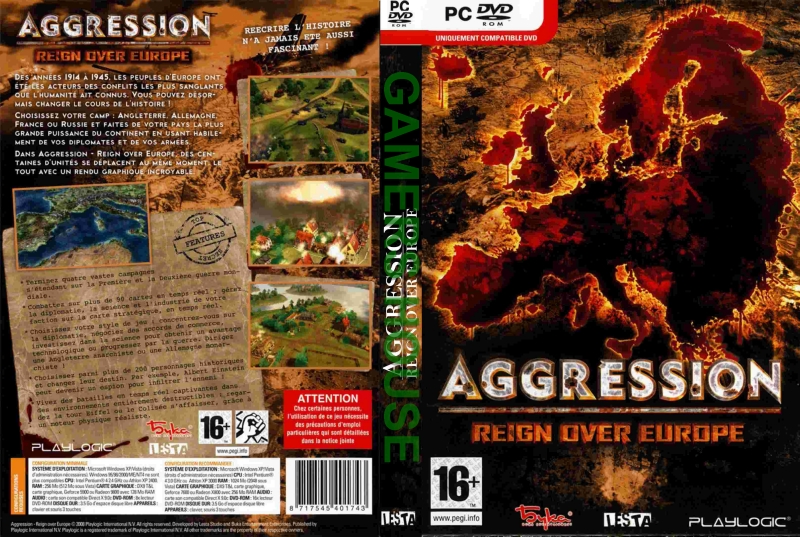
Aggression Reign Over Europe Tpba
SACIIDO SHAIE scrolled through Facebook, stopping at video of a press conference about one of President Trump’s cabinet appointments. She shook her head and mumbled about his executive order that temporarily barred refugees and immigrants from several Muslim-majority countries—including Somalia—from entering the United States. Somali immigrants such as Shaie have been arriving in Minnesota since the 1990s. But ever since then-candidate Trump declared that Minnesota has “suffered enough” from accepting Somali refugees, the roughly 50,000 members of the Somali community in the state have become fearful. “This is the first time I have felt uncertain about my life here,” said Shaie, who is Muslim. Shaie was a child when her family came to the U.S. In 1992 after spending almost a year in a refugee camp in Kenya, but she remembers the civil war in Somalia that led to her family’s flight.
As she drove away from her home with her mother, she remembers seeing a baby attempting to nurse from his dead mother’s breast. “Buildings were burning, houses falling down, people dying—just chaos,” she said recently while cooking dinner in her North Minneapolis apartment.
Aggression: Reign Over Europe-BJ. Vusbbus sys x32 firmware install. Tema en 'Consolas' iniciado por blackjack007, 1 de Abril de 2010.
“Every time I see scenes from Syria, it reminds me of Somalia.” Her family owned several stores in Somalia and lived in a large house. She described their life before the conflict as upper-middle class. Now she has three children ranging from 9 to 15 years old. In 2007, she cofounded a nonprofit that empowers Somali youth to be leaders in the community. Shaie views her family as “100 percent Somali and 100 percent American” and hopes her children feel the same. “My culture is one of those things I can’t live without,” she said. “The more you know your culture and other cultures, the more you’ll be smart, and I want my kids to be smart.” She wishes more people would understand that the Somali community is peace-loving.
“We’re here to be part of the [American] fabric, and that’s all.”. Father Benjamin E. Alforque is convener of the church-based Filipino group Rise Up for Life and for Rights. Alforque was interviewed via email in February by Eric Stoner. Eric Stoner: Was there a tipping point that set Rise Up in motion? Benjamin Alforque: The tipping point was when the killing of the poor started to include poor farmers and peasants who were leaders of the justice and peace groups and organizations, but who were [falsely] charged with being drug users or pushers.
Are people’s opinions of the drug war and extrajudicial killings changing? Many people thought it was okay to kill drug addicts and pushers. People felt safe that they could leave their homes at night to do their jobs without fear that a drug addict would barge into their huts and small homes, rape women, and kill families just to get money for drugs. They favored immediate execution because, after all, we have no rehabilitation facilities, the jails and prisons are full, and government has no money to spend for their incarceration and rehabilitation. But now, with the extent of the killing of the poor, many are fearful.
They fear that they could be the next victim, because the police have a quota of drug-related deaths, and they could be the next one to fill the quota. Do you see the Catholic Church taking a more active position? 18, the church mobilized some 10,000 people to Walk for Life. Bishops have come into the open, telling the president that death is not the answer to the proliferation of drugs and addiction. This show of force by the Catholic Church against extrajudicial killings related to drugs [is also against] the move in Congress, with executive approval, to revive the death penalty. The church could do more.
It can open its facilities and resources for the positive care of drug addicts. In its pastoral program, dioceses, parishes, and church-based institutions could strengthen catechetical approaches and family life ministries to address the real social roots of addiction and other related maladies. But more important, the church should walk with the poor in their struggle for substantial radical social transformation.